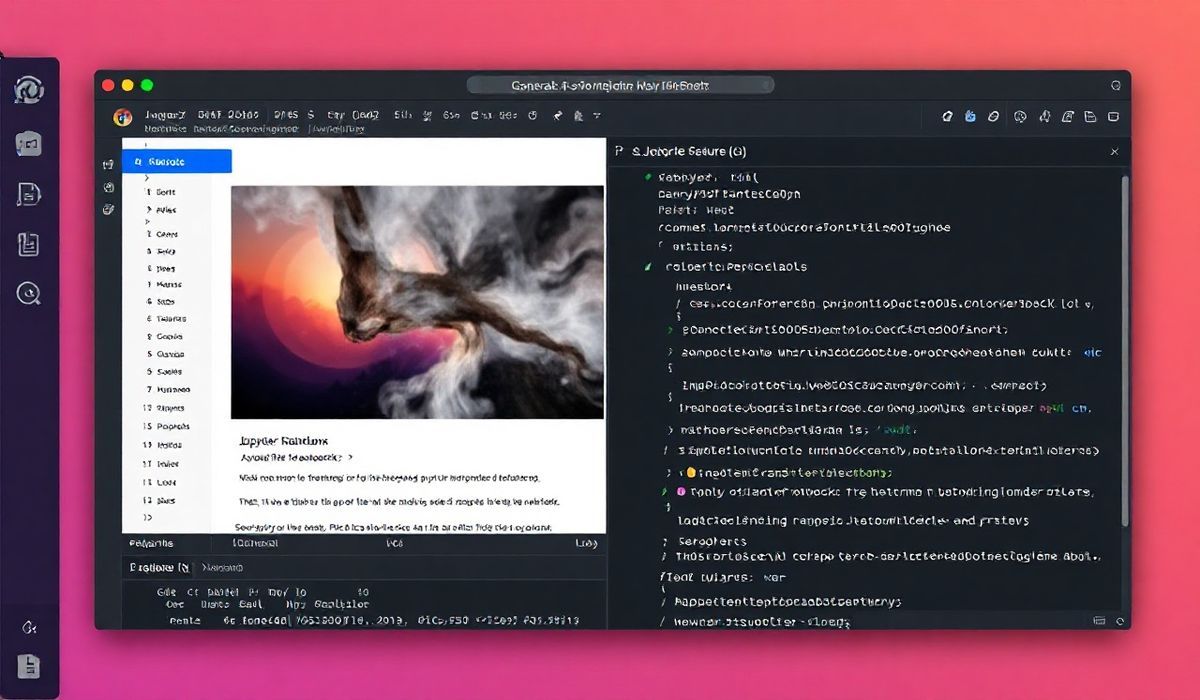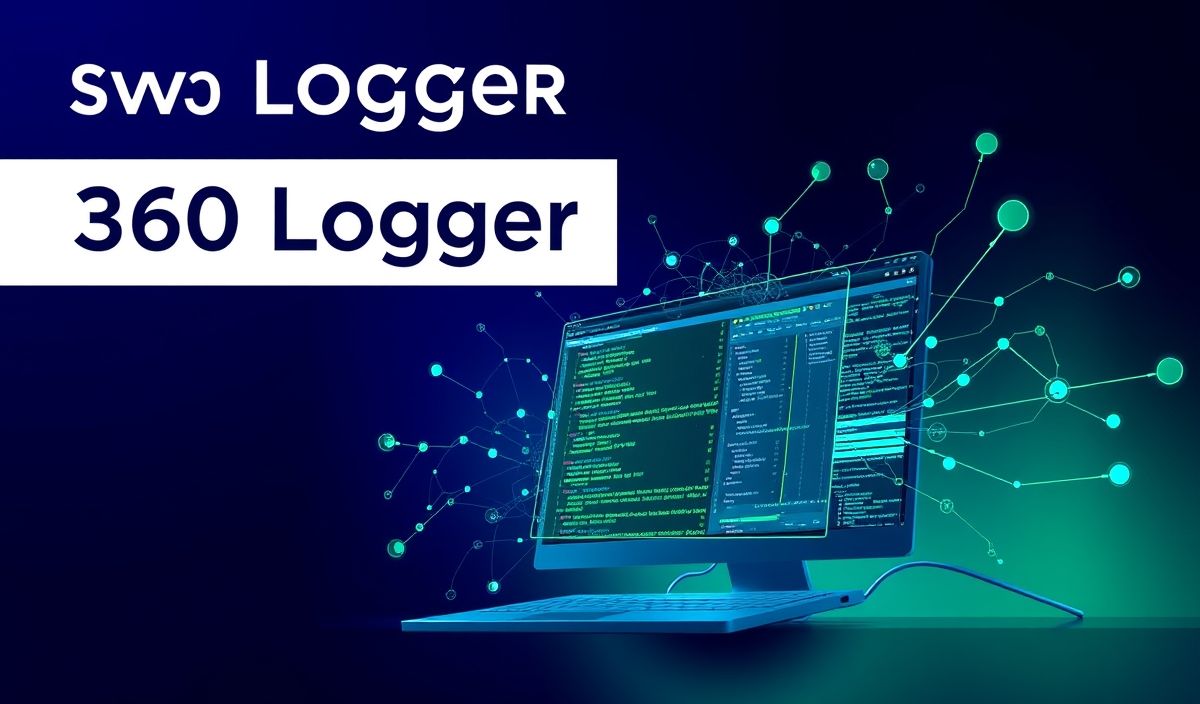Introduction to Package JSON
The package.json file is a fundamental part of any Node.js project or npm package. It holds various metadata relevant to the project and is used to manage the project’s dependencies, scripts, version, and a whole lot more. Here, we will explore the versatile APIs provided by the package-json module and provide several practical code snippets. Additionally, we will demonstrate how to create an application using these APIs.
Getting Started
First, let’s install the package-json module:
npm install package-json
API Examples
1. Fetching Package Metadata
To fetch metadata of a package, you can use the packageJson function:
const packageJson = require('package-json');
(async () => {
const json = await packageJson('lodash');
console.log(json);
})();
2. Fetching Metadata for a Specific Version
You can also fetch the metadata of a specific version of a package:
const packageJson = require('package-json');
(async () => {
const json = await packageJson('lodash', { version: '4.17.21' });
console.log(json);
})();
3. Retrieving Package Maintainers
To get the maintainers of a package:
const packageJson = require('package-json');
(async () => {
const json = await packageJson('lodash');
console.log(json.maintainers);
})();
4. Fetching Package Dist Tags
Get the distribution tags of a package:
const packageJson = require('package-json');
(async () => {
const json = await packageJson('lodash');
console.log(json['dist-tags']);
})();
5. Dependency Details
Retrieve the dependencies of a package:
const packageJson = require('package-json');
(async () => {
const json = await packageJson('react');
console.log(json.dependencies);
})();
Example Application
Let's create a simple CLI application that fetches and displays the metadata of a given npm package.
// cli.js
const packageJson = require('package-json');
const packageName = process.argv[2];
(async () => {
if (!packageName) {
console.error('Please provide a package name.');
process.exit(1);
}
const json = await packageJson(packageName);
console.log(`Name: ${json.name}`);
console.log(`Version: ${json.version}`);
console.log(`Description: ${json.description}`);
console.log(`Author: ${json.author.name}`);
})();
To run the CLI application, use the following command:
node cli.js lodash
This will output the metadata of the lodash package.
With these examples, you can integrate the package-json API into your projects and applications seamlessly. Whether you need to fetch metadata for dependencies management or automate your workflow, package-json offers a variety of functionality to help you achieve your goals.
Hash: b675e0c84597ed8655710cfcbf79d546e8f5003edbc29fa843b487248d78a021




